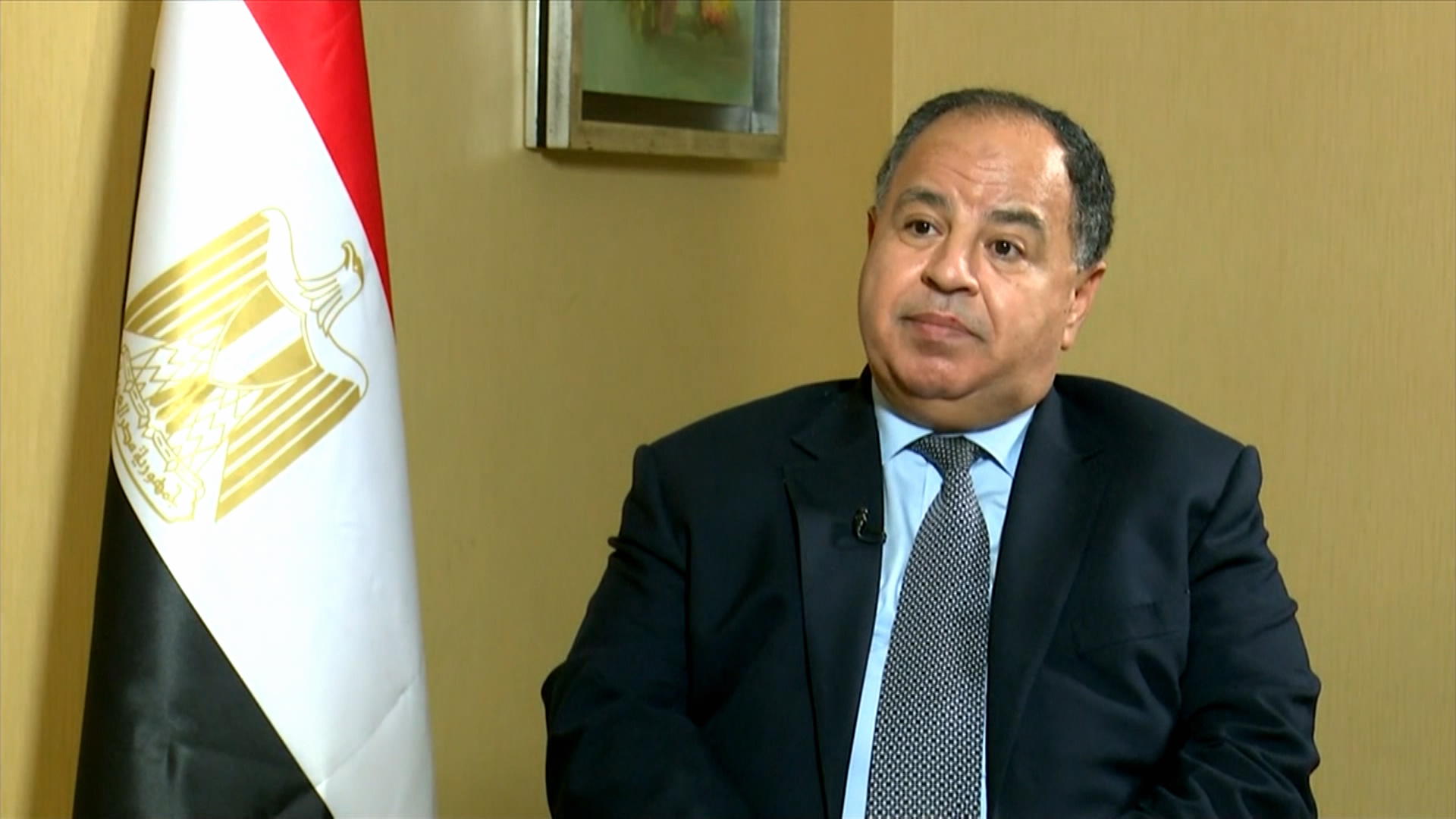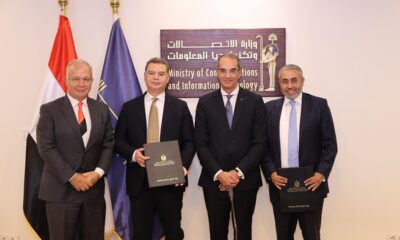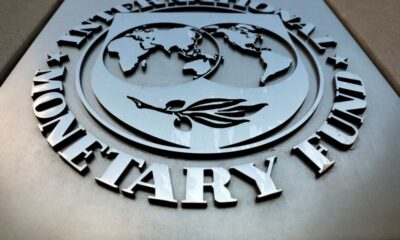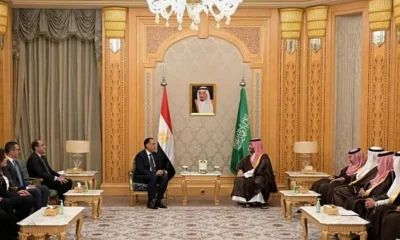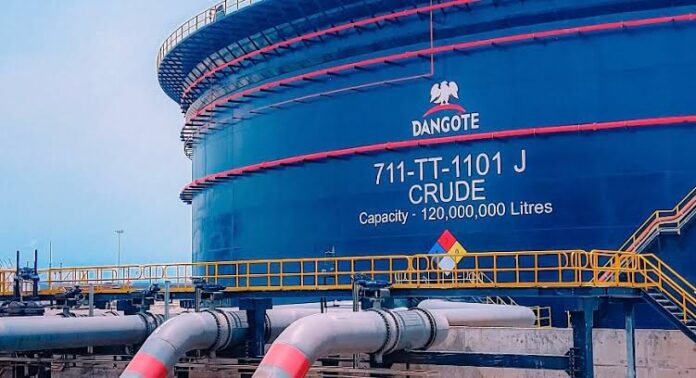Egypt’s finance minister has revealed that the country has made significant progress in reducing its budget deficit by agreeing to an IMF support package and selling real estate.
In the fiscal year that starts in July, Egypt’s primary budget surplus will increase to more than 3.5%, Finance Minister Mohamed Maait said at a press conference on Sunday.
Interest payments, which made up for over half of all expenses in the seven months ending in January and kept Egypt significantly in deficit, are not included in the primary surplus.
A primary general budget surplus of 2.5% of GDP was projected by the finance ministry last month for the current fiscal year, 2023–2024.
Egypt expects more than $20 billion from an IMF-led deal reached last Wednesday. In February, Egypt agreed to give Abu Dhabi the development rights to Ras al-Hikma, a popular Mediterranean resort. According to Maait, the package includes $3 billion in investment from the World Bank.
“The positive part is the Ras al-Hikma deal, a not-small portion of which will enter the general budget in pounds,” Mohamed Maait told reporters. “The total deficit will be less than targeted because of Ras al-Hikma.”
According to Maait, the budget was negatively impacted by a decline in revenue from the Suez Canal and other sources, while expenditures increased due to a weakening currency and increased interest rates on Egypt’s obligations. Egypt increased its main overnight interest rates by 600 basis points and depreciated its currency from 30.85 pounds to approximately 50 Egyptian pounds as part of the IMF package.
There is a massive backlog at ports as a result of a persistent dollar shortage. According to Maait, Egypt has freed commodities valued at $13 billion from its ports since January. He declared that in addition to pushing additional sales of public assets, the government would keep cutting back on spending and would maintain its goal of keeping the nation’s debt below 90% of GDP.

